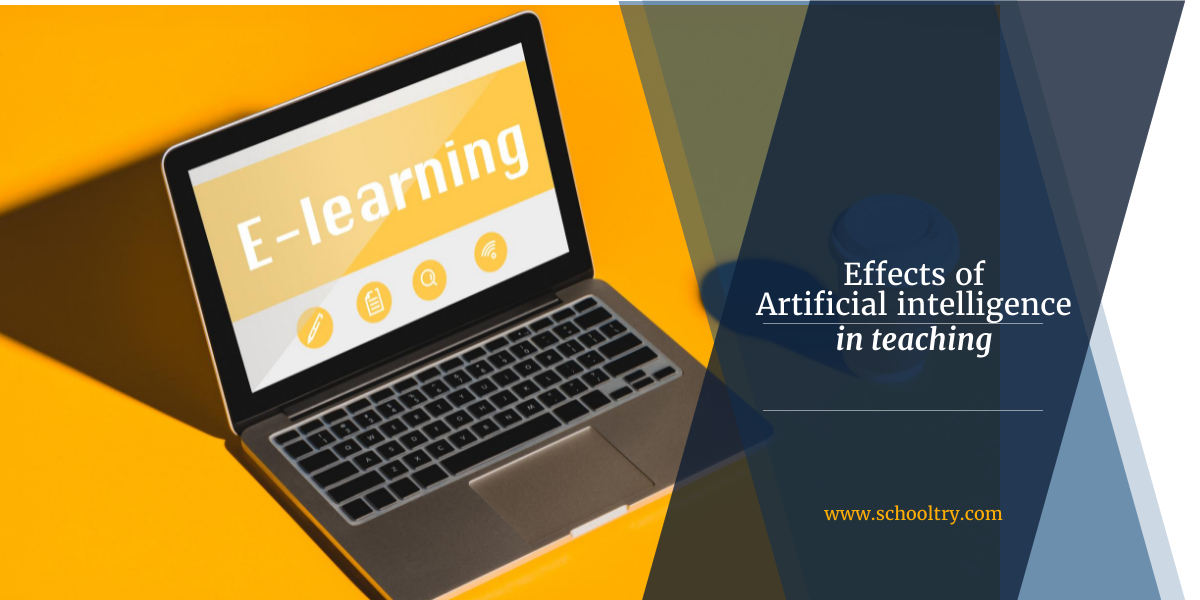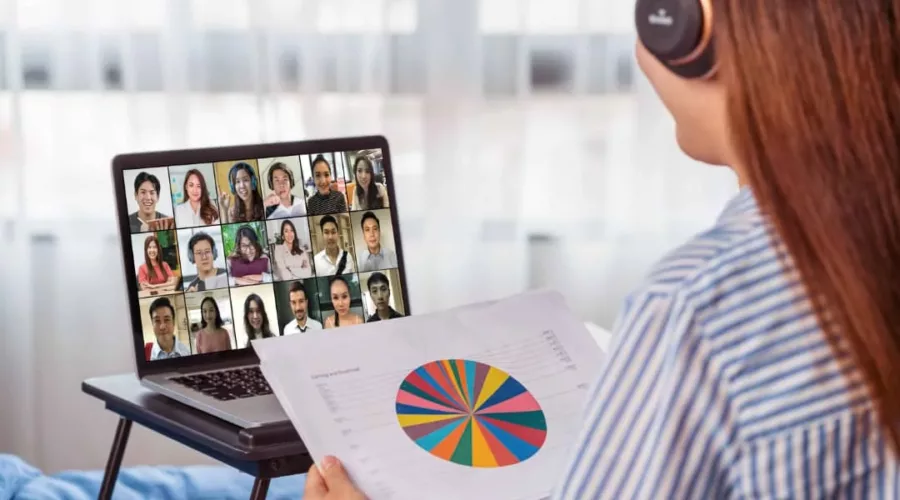Effects of artificial intelligence in teaching; In this generation, Technology has gotten to a stage where computer systems are capable of doing some tasks that is based on human intelligence
Artificial intelligence (AI), the ability of a digital computer or computer-controlled robot to perform tasks commonly associated with intelligent beings. The term is frequently applied to the project of developing systems endowed with the intellectual processes characteristic of humans, such as the ability to reason, discover meaning, generalize, or learn from past experience. Since the development of the digital computer in the 1940s, it has been demonstrated that computers can be programmed to carry out very complex tasks—as, for example, discovering proofs for mathematical theorems or playing chess—with great proficiency. Still, despite continuing advances in computer processing speed and memory capacity, there are as yet no programs that can match human flexibility over wider domains or in tasks requiring much everyday knowledge. On the other hand, some programs have attained the performance levels of human experts and professionals in performing certain specific tasks, so that artificial intelligence in this limited sense is found in applications as diverse as medical diagnosis, computer search engines, and voice or handwriting recognition.
Psychologists generally do not characterize human intelligence by just one trait but by the combination of many diverse abilities. Research in AI has focused chiefly on the following components of intelligence: learning, reasoning, problem solving, perception, and using language.
In this article, you will learn some of the negative effects of artificial intelligence in teaching;
1. It is very expensive:
It should be noted that Artificial intelligence is very
Costly to maintain because it requires regular maintenance and constant upgrading although the software is very effective, and there’s usually little or no errors while in use but it is very expensive to maintain when compared to human efforts
2. It limits creativity:
Since artificial intelligence doesn’t have emotions or the ability to differentiate what is right or wrong or even create anything other than what it is being told to do, it tends to limit the students school work since it is very restrictive
3. It leads to laziness:
Artificial intelligence does not require human efforts so it can lead to laziness on both the teachers and students path since they do not necessarily have to work on it and they have the liberty to completely depend on AI to carry out any tasks that it has been commanded to do.
Are you a school owner and you need a web solution to digitize your school work click here to sign up for free.
Author: Semira Ayeni.




